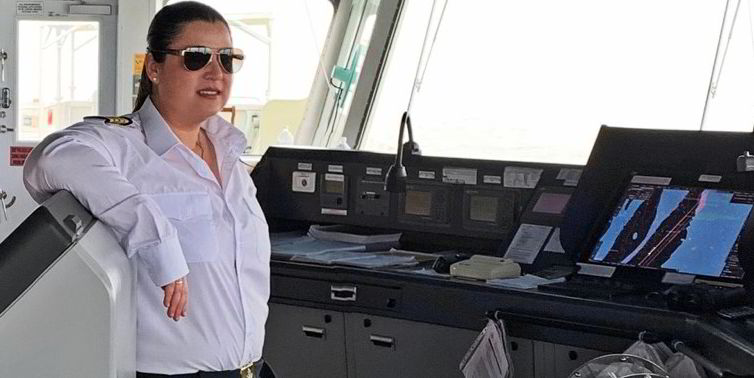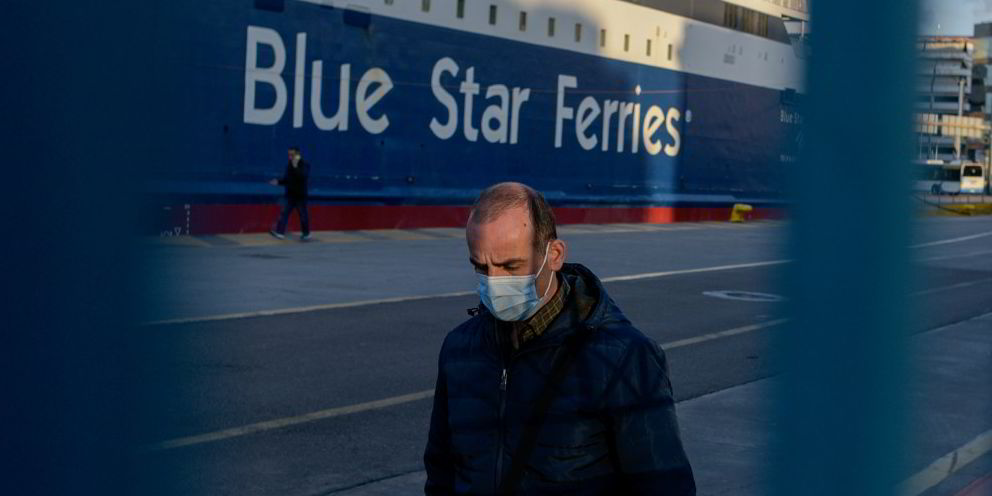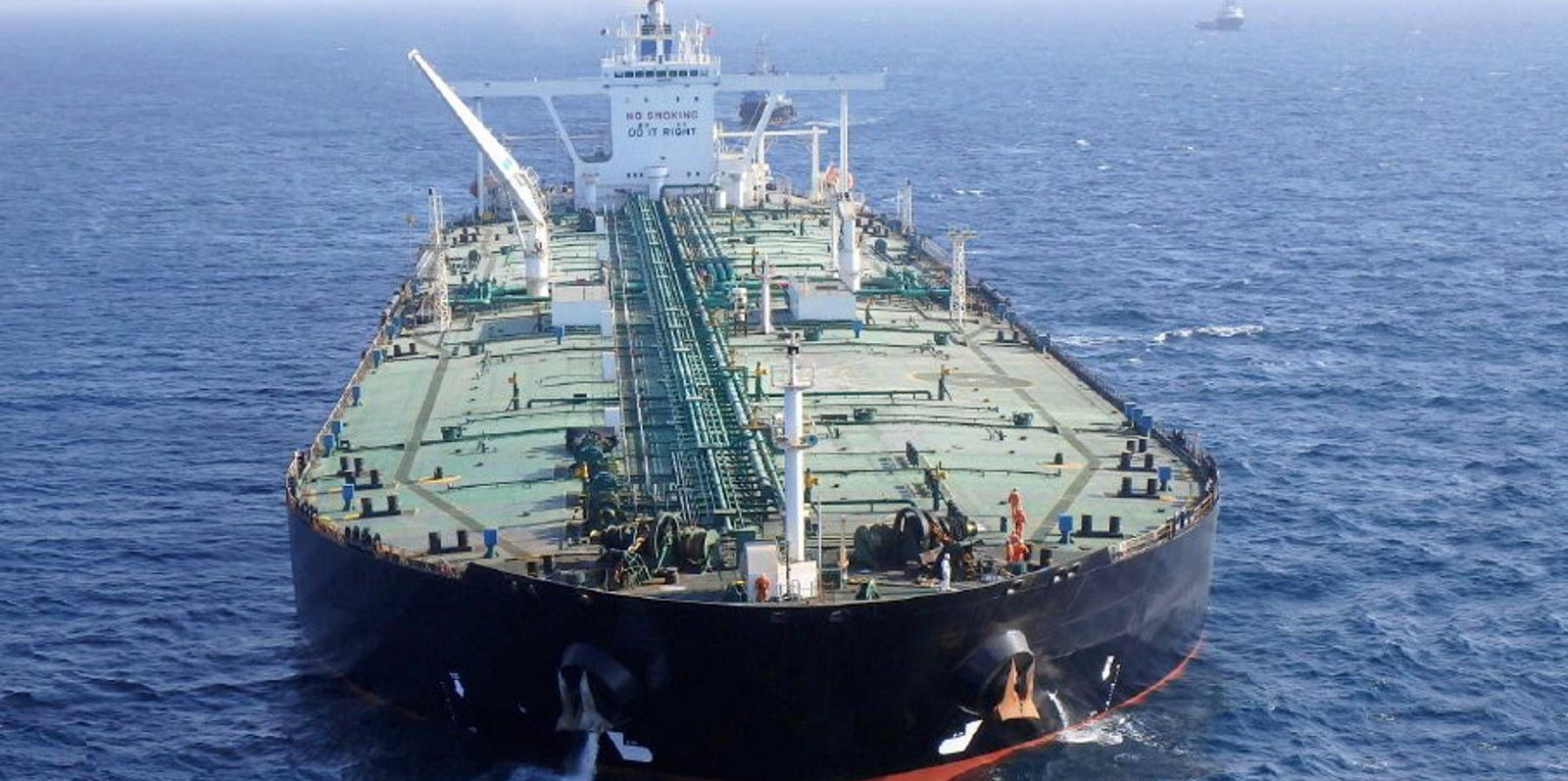This time last year, TradeWinds' reporters around the world fanned out to ask dozens of shipping industry stakeholders what they expected for the decade ahead.
They spoke of digitalisation, carbon reduction, consolidation and growing demand for transport.
But these shipping luminaries could not have predicted that the new decade's first year would be beset by a pandemic that would close offices, bring passenger shipping to a standstill, clobber demand for many commodities and kill more than 1.5m people.
TradeWinds has now surveyed industry players again to find out how the Covid-19 pandemic has changed the course shipping will take in the year ahead. A selection of their responses is published in this week’s print edition, and the full report is available here.
Themes that emerged from the more than 40 industry stakeholders who responded to our enquiries reflected both the short-term measures to manage the Covid-19 crisis and the longer-term questions about the future shape of the industry.
Overall, there were four key messages that came from the contributions.
The pandemic has sharpened the focus on energy transition
Tackling shipping's carbon footprint and recovering from the market impact of the coronavirus disruption will not be separate battles.
But the fresh focus on energy transition goes beyond shipping's own efforts to reduce its emissions, with Covid-19 recovery tied to efforts to "build back better".
"Although it will not happen overnight, this event has likely also accelerated the energy transition as nations look to invest in large renewable energy projects as a means of economic stimulus," Mikael Skov, chief executive of product tanker owner Hafnia, said.
"We view all of these developments as positive for large market-leading companies."
The spotlight on crew welfare must not fade

Like no other event, coronavirus has highlighted the challenges and importance of seafarers who are the frontline workers of this industry.
But the response to ensure crew member well-being has led to some changes that could improve the health and safety for seafarers if attention wanes in a post-pandemic world.
"Besides the challenges we are facing on board, we also see many opportunities and new procedures established," Captain Iro Gidakou, a master for ships in the Maran Gas Maritime fleet, said.
The pandemic has accelerated digitalisation of shipping
If shipping had held firm to the old ways despite a growing offering of technological innovations, the pandemic left little room for that to continue.
Su Yin Anand, a maritime lawyer who founded The Captain's Table innovation programme, said coronavirus has spurred a "flight to innovation".
"Covid-19, in particular, was the catalyst for digitalisation of, and collaboration in, the industry, as companies realised the power of problem-solving through collaboration in the crew-change and sustainability spaces," she said.
The test of the industry's financial resilience caused by the economic shock of the pandemic may not yet be over
Economic slumps of the magnitude that the world has seen in 2020 have often pushed the capital-intensive shipping industry to its financial limits.
"The Covid-19 pandemic for once has been positive in the sense of a 'proof-of-concept'," Philipp Wunschmann, head of shipping at Berenberg, said. "We have not had any default or loss in our book."
The lack of major shipping bankruptcies so far may not last. Jasmin Fichte, managing partner at Fichte & Co, told us restructuring and insolvency work will keep shipping lawyers like her busy next year.
Existing vulnerabilities
In many ways, Covid-19 exposed existing weaknesses in the shipping industry and beyond.
That, after so many months, it is so difficult to secure recognition from governments that seafarers are "key workers" reveals how below the radar they already were in the global economy.
That cyber criminals have gone on the assault, taking down networks of major operators, exposed how vulnerable systems can be.
Cruise operators were hit the hardest by the pandemic, but that the majors have survived this long doing almost no business is a testament to their deep pockets. What if this had hit them in a down market?
Kristin Holth, a banker turned board member at several shipping companies, sees the need for more introspection.
"We need to make a deep dive into how resilient we are," she said. "The vaccine will mitigate the health-concern aspects of the pandemic, but it is a major opportunity missed if that is our only safety net."
The blow from coronavirus in 2020 was unexpected, but that the world would one day be beset by a pandemic was anything but.
The same may be said for the next global challenge. Are we resilient enough to face it?





